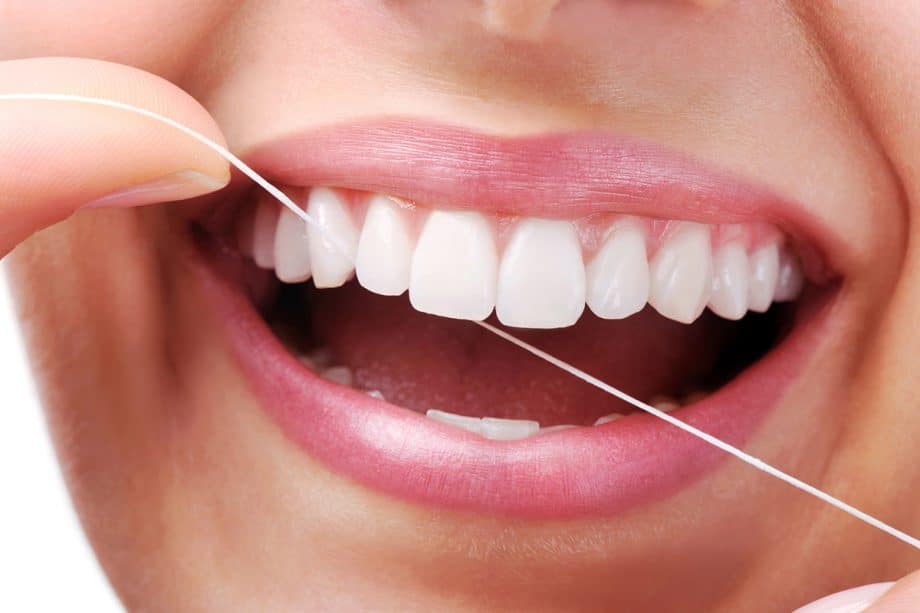The first line of defense against gum disease is a deep cleaning of the teeth. Deep teeth cleaning, also known as scaling and root planing, is a minimally invasive procedure that can treat and reverse gum disease. Because gum disease can harm your teeth, gums, and overall health, it's critical to be proactive and seek treatment as soon as possible. So, how long does it take to complete a deep teeth cleaning? We answer this and other questions about the treatment below.
What is deep cleaning?
During routine dental cleanings, dental hygienists clean teeth above the gum line, but deep cleaning is a process in which a dentist or hygienist removes plaque and tartar from below the gum line and the periodontal pockets that form between the teeth and gums when there is inflammation. The gum tissue is pulled back to allow for complete cleaning of the pockets. The exposed surfaces of the roots are then smoothed, allowing them to reattach to the gums so the periodontal pockets close. Studies have shown that scaling and root planing is one of the most effective non-surgical therapies for gum disease.
How long does deep teeth cleaning take?
The amount of time needed for deep teeth cleaning depends on the severity of your gum disease. You may only need a single one-hour office visit, or you may require two; some people may need multiple appointments because we decide that it is better to treat one quadrant of the mouth at a time. We can tell you what to expect when you meet with your dentist for a consultation.
What happens during deep cleaning treatment?
It's natural to be apprehensive before any dental procedure, but knowing what to expect can help lessen your anxiety.
We numb the areas that will be deep cleaned during your appointment by using local anesthetic. You will be awake throughout the deep cleaning procedure, and while you may feel some pressure and movement in your mouth as we work, you will not be in any discomfort.
Deep cleaning consists of two separate steps. Your dentist will use a hand instrument known as a periodontal scaler, or an ultrasonic tool to scale your teeth first. During scaling, plaque and tartar are removed from both above and below the gum line. After that, your teeth's roots are planed to create a smooth surface that makes it easier for your gums to reattach.
What can I expect after deep cleaning?
You may have some tooth sensitivity and soreness for a few days after treatment. As a result of the work done on your gums, they may also be sore. It's even normal for your gums to bleed a bit, but if the bleeding continues, please contact our office and let us know.
Depending on your case, we'll recommend either a saltwater rinse to relieve pain and prevent infection, or an antibacterial rinse. During the scaling and root planing treatment, antibiotics can also be placed directly into the gum pockets to fight infection.
Learn More About Deep Cleaning
If you’d like to learn more about deep cleaning, contact us today at 704-875-1621 to schedule an appointment for a consultation.

